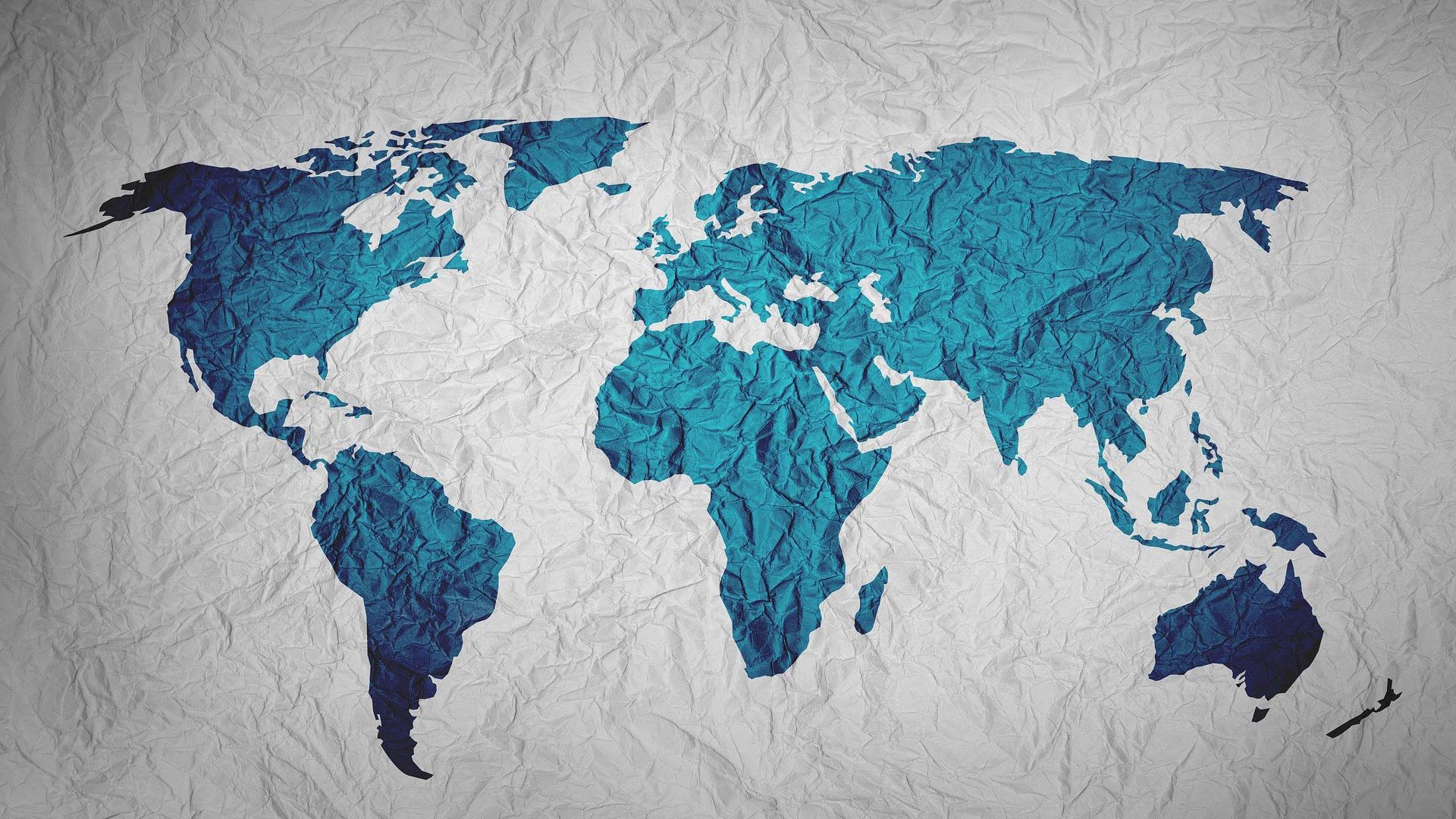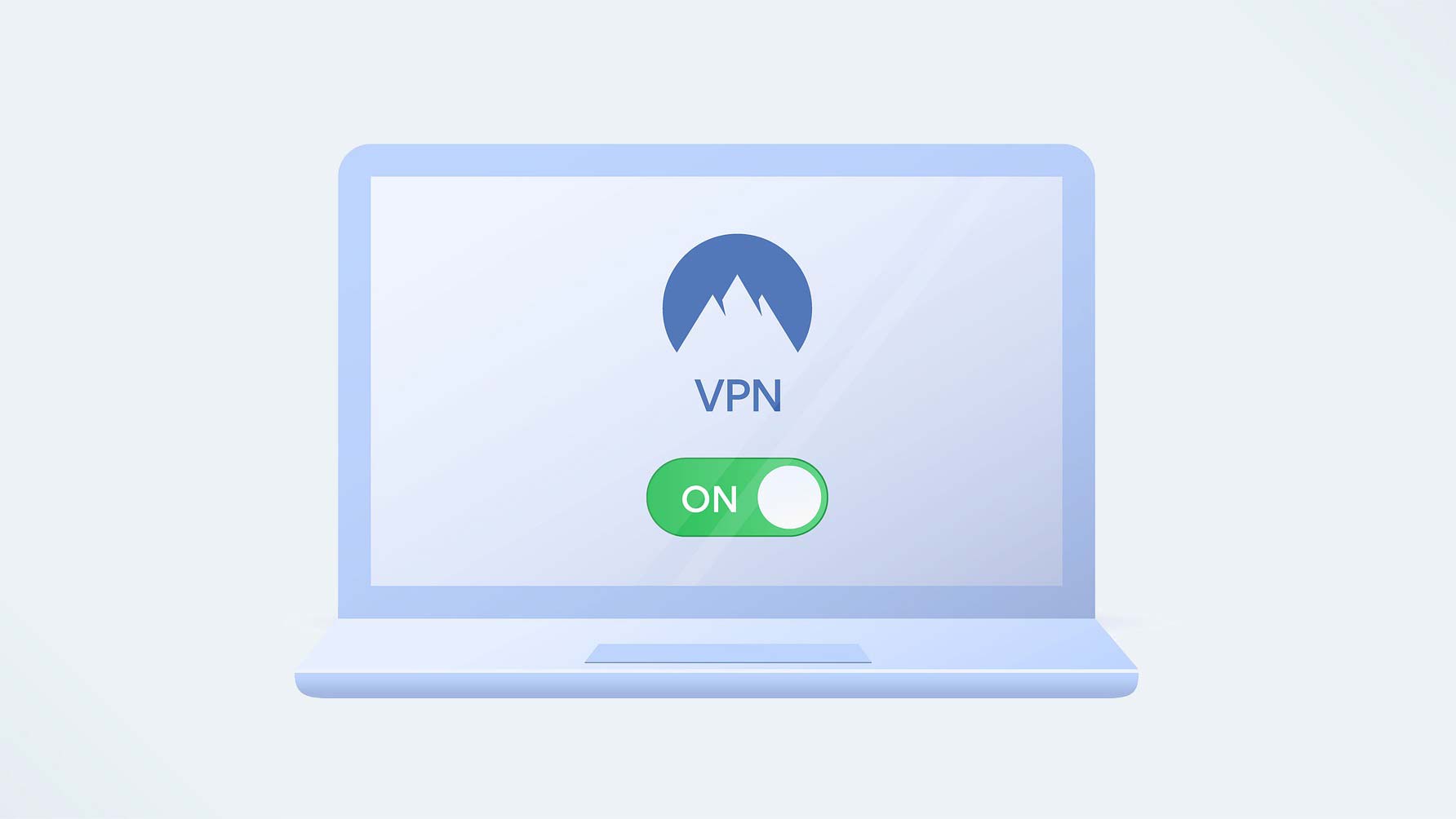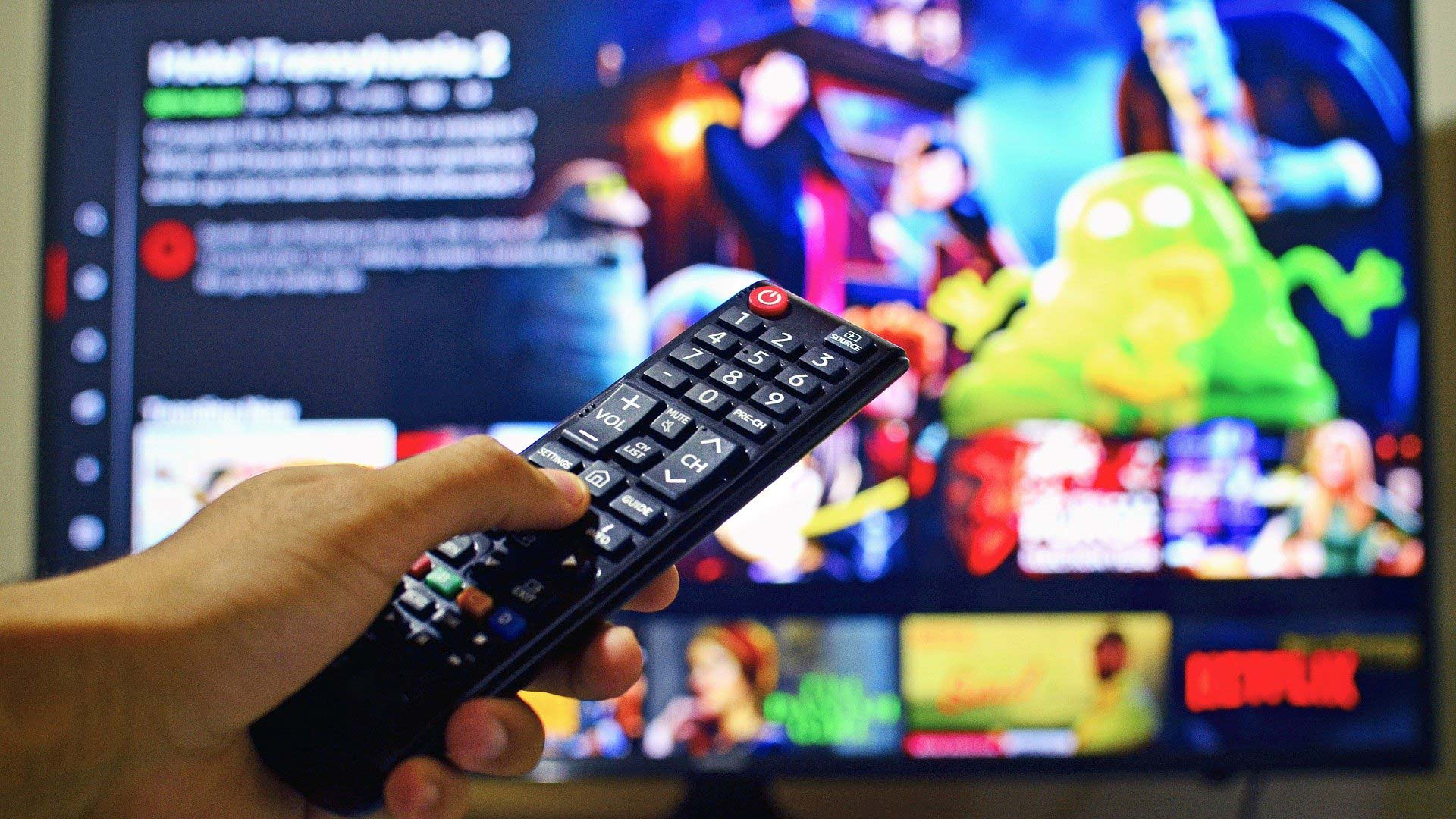6 things you could (and should) use a VPN for
A VPN can help you in more ways than one
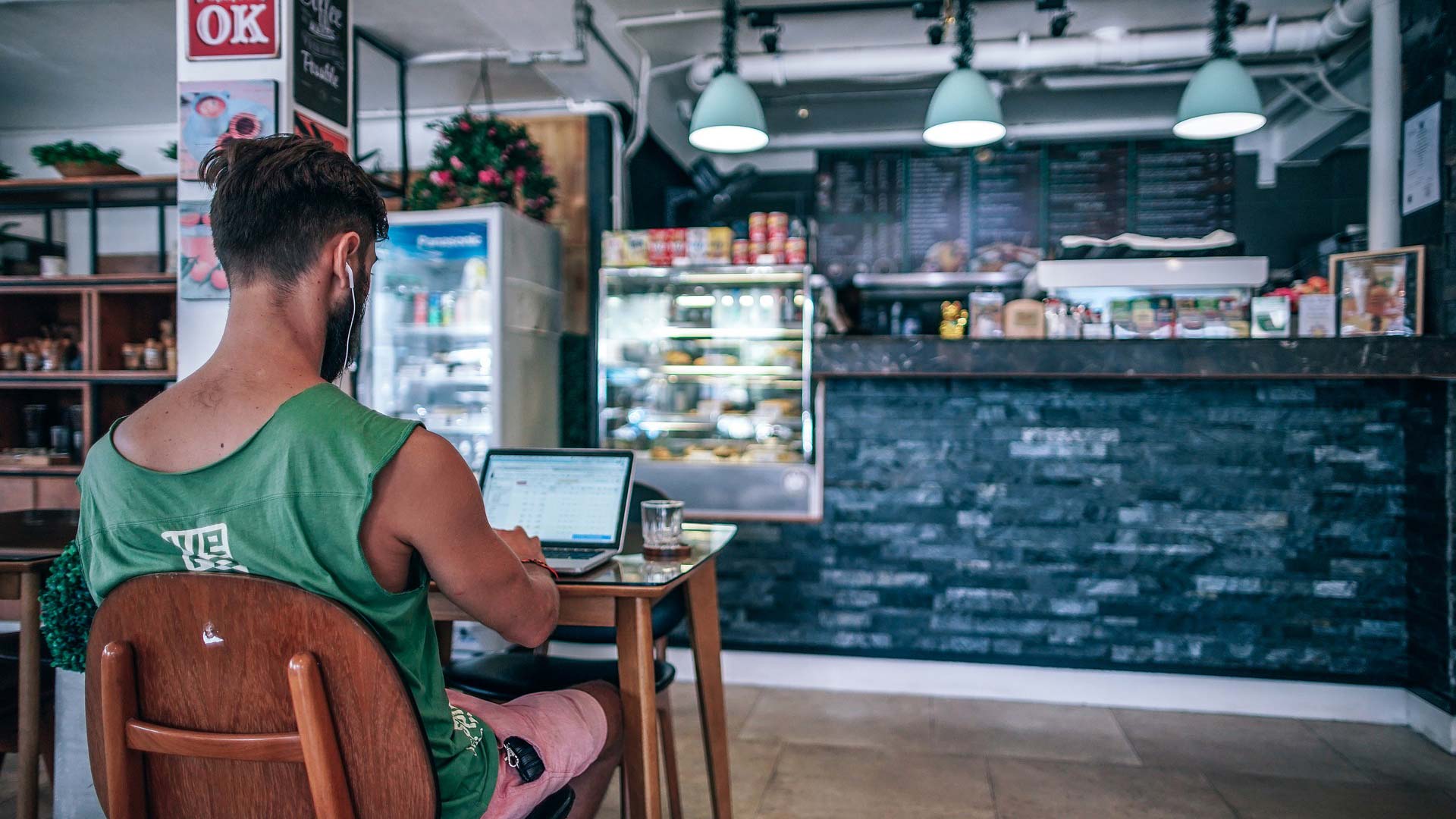
As security concerns continue to grow, it’s no wonder the virtual private network (VPN) industry is booming. Each new security breach brings with it a heightened interest in securing our online identity, and there’s no better way to do that for the average internet user than a VPN.
For privacy enthusiasts, VPNs are a significant first step to anonymity. Unlike more intensive solutions, using one relies on turning it on (or configuring your router settings to an always-on installation) and browsing as normal.
- Best VPN services in 2022
- 5 reasons why you need a VPN — cheap flights, fast internet and more
How do VPNs work?
To avoid getting bogged down in the highly technical, the most straightforward explanation of how VPNs work can be summed up in just a few words: they route your traffic through someone else’s computer and encrypt your connection so that prying eyes aren’t privy to the data on either end of the connection. The computer, in this case, isn’t a computer at all. It’s actually a server that could be a few miles away or across the globe. And you’re not the only one using it. With thousands of people using the same server, it’s challenging to pinpoint who’s who.
The typical browsing experience begins by connecting to the internet via your ISP. Because it’s your access point to the internet, your ISP – whether it be Cox, Charter, Google, or others – can then track everything you do until you log off: from the sites you visit to the types of files you download most often. Using a VPN means you’ll connect to your ISP, but instead of routing traffic and data through its servers, you’ll route them through the VPN instead. From the ISP's perspective, you’re logging on to a single website, that of your VPN. All data from that point on is routed through the VPN and its servers.
Depending on the VPN you choose, any logs of your online activity are deleted at random intervals (or not kept at all). Your ISP and the websites you visit treat you like an anonymous user, one that they can’t separate from other anonymous users.
Different ways to use a VPN
Virtual private networks are helpful in more ways than one. From privacy measures to widening internet access, here are some common ways to get the best out of a VPN.
Conceal Your Footprints
Using a VPN makes tracking user activity more complicated, though not impossible. When concealing online activity, the goal is to make things as difficult as possible while retaining some semblance of user-friendly browsing. A VPN does exactly that by encrypting your browsing information, making it difficult for other users, ISPs, or corporations to pinpoint your precise browsing actions and activities. Rather than your information appearing on server logs for your favorite websites and platforms, all information is routed through the VPN, using the same information as hundreds or thousands of other users.
Protect yourself when using public Wi-Fi
The easiest way for information to be stolen by hackers is through public Wi-Fi. Some hackers allow people to connect to their Wi-Fi network to intercept the data sent and received by those connected. When using a VPN, a user’s data is encrypted before being sent to the Wi-Fi network, making it impossible for any hackers to decode the data.
Protect your data
Well-trained and experienced hackers can steal data while being transmitted between a user and their ISP or between the user’s ISP and the internet. Unfortunately, some VPNs can’t protect from this type of attack. However, keep in mind that even if a hacker successfully intercepts this data, they have no way of decrypting it, thanks to the VPN.
Subscribe to services not offered in your country
Some services are not available in certain countries. While this is an uncommon issue in countries such as the United States, many other regions experience issues subscribing to even the most basic platforms, such as Disney+.
By using a VPNserver located where the preferred service is allowed, users can trick the service provider into letting them subscribe. Note: When doing this trick, users will need to connect to the same server every time they use the service.
Access content not available in your area
Like Netflix and Amazon Prime, streaming services often restrict some content to specific locations. Whether due to copyright issues or censorship issues, certain movies and TV shows are simply inaccessible in some countries. Fortunately, users can work around these restrictions by using a VPN and connecting to the region where these services work.
Protect business-critical information
Threat actors and leakers are often on the hunt for vital information they can leak. One way to accomplish this is stealing business secrets through hacking. By using a VPN to encrypt communication, business owners can prevent any leaked secrets. Users with a VPN can rest assured that their secret recipe will remain confidential.
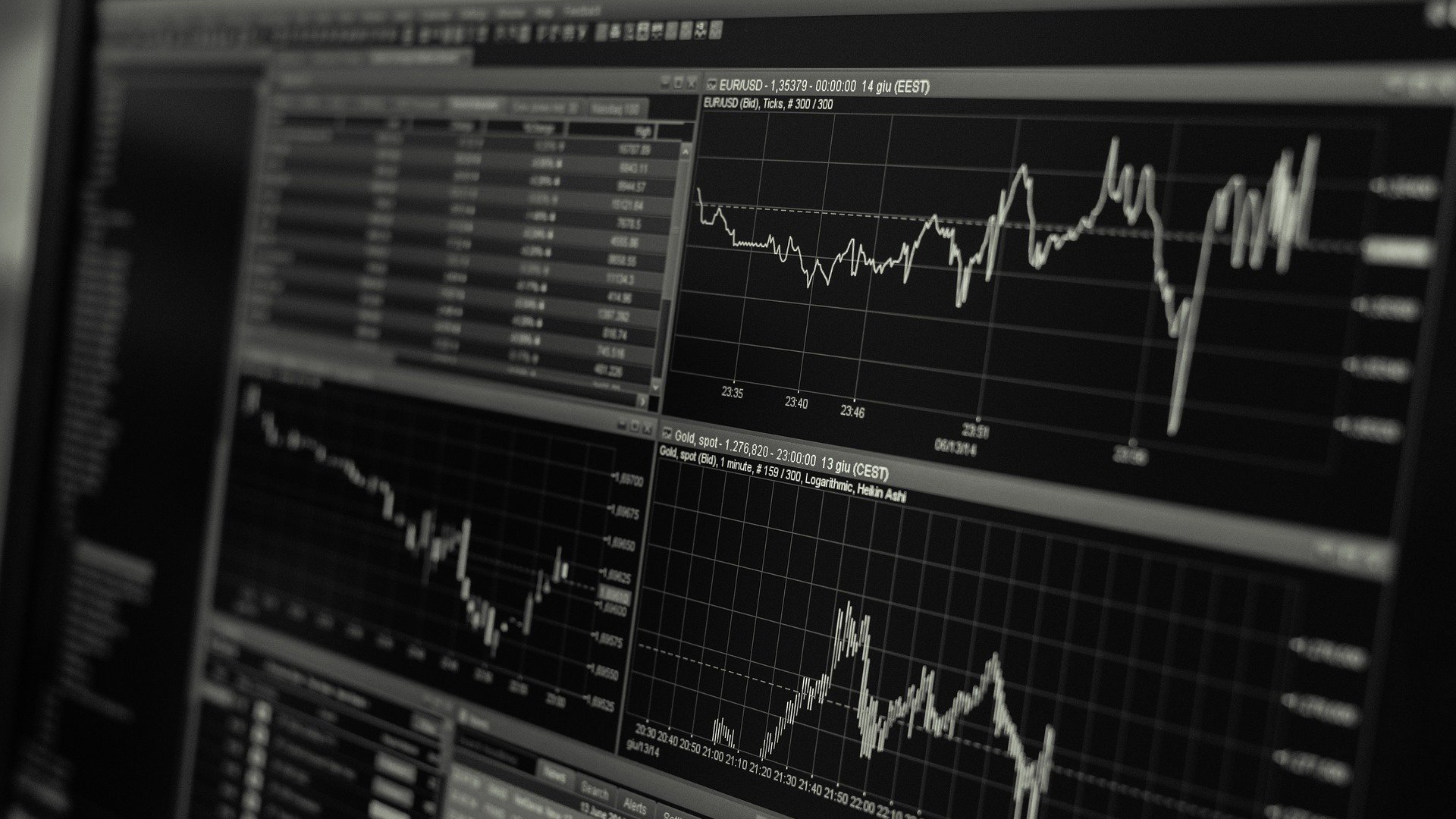
VPNs are becoming a staple in everyone’s computers. They allow users to connect to servers scattered around the world, and they encrypt valuable data in every step. In addition to privacy, they offer a variety of other benefits. With a VPN, users can protect data, maintain privacy, access restricted content, and more.
Sign up to receive The Snapshot, a free special dispatch from Laptop Mag, in your inbox.
Bryan covers everything you need to know about Windows, social media, and the internet at large for Laptop Mag. Thanks to his extensive knowledge of operating systems and some of the most popular software out there, Bryan has written hundreds of helpful guides, including tips related to Windows 11 drivers, upgrading to a newer version of the OS, editing in Microsoft Photos, or rearranging pages in Google Docs.
